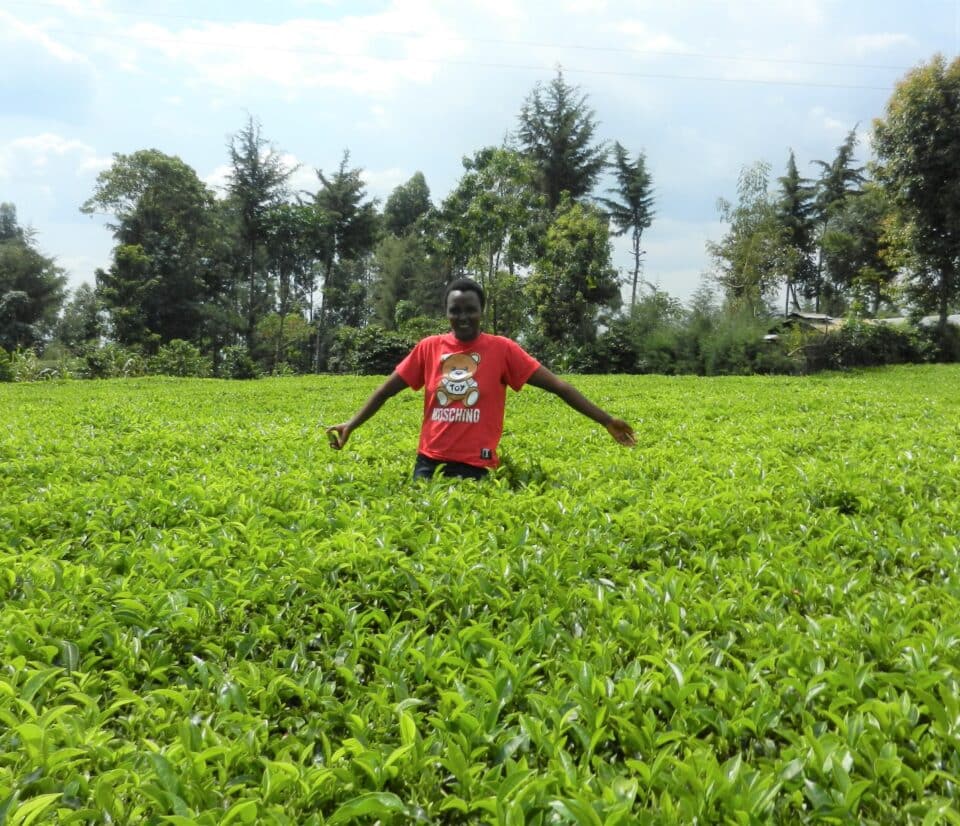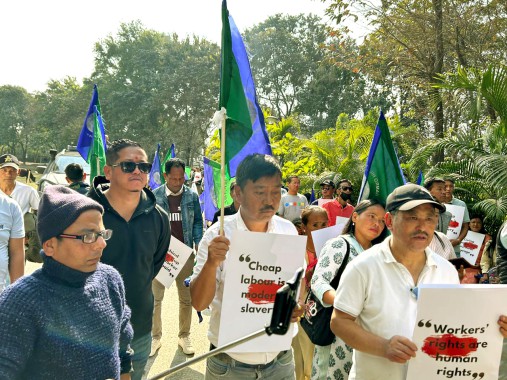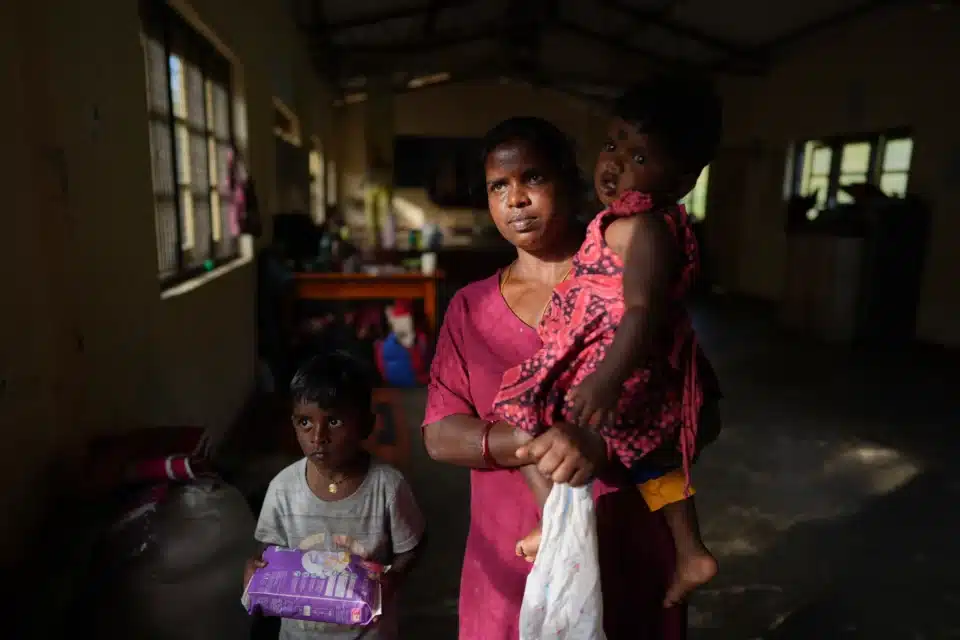Webinar series: Alternative Approaches in the tea sector
In 2024, THIRST published a report on Alternative Approaches in the tea sector. The report shares thirteen case studies of non-traditional business models and trading systems that have the potential to make the tea industry fairer for all. Each initiative has been assessed against the issues identified in THIRST’s Root Causes Analysis of Human Rights breaches in the tea sector and how they address them. This year we bring these case studies to life with a series of FREE webinars presented by the very people who are putting those alternative approaches into practice.
Next webinar
The next webinar is from 09:00-10:00 GMT on Thursday November 27th, 2025. Suzy Garraghan and Frank Tanner of Bettys & Taylors of Harrogate will talk about how the popular UK-based tea brand has Embedded Responsible Purchasing Practices throughout its business.
Bookings open soon
Whether you are involved in growing, selling, processing or buying tea – or represent civil society or government focusing on tea workers’ and farmers’ welfare, or are a consultant or technical expert, don’t miss these valuable opportunities to engage with some exceptional innovators in the tea sector, quiz them, challenge them, learn from them, be part of the discussion.
Dates, times, topics, speakers
The webinars will run from 0900-1000 GMT/BST on the last Thursday of each month*
| November 27th | Embedded Responsible Purchasing Practices | Bettys & Taylors | Suzy Garraghan and Frank Tanner |
| December 18th | National agency aggregating smallholder farms | KTDA | Sudi Matara |
| January 29th | Small scale futures market | Independent | James Montlake |
*There will be no webinar in August. The December webinar will be held on the 18th as the last Thursday is Christmas Day
View past webinars

Recordings of all past Alternative Approaches webinars
Read the report





